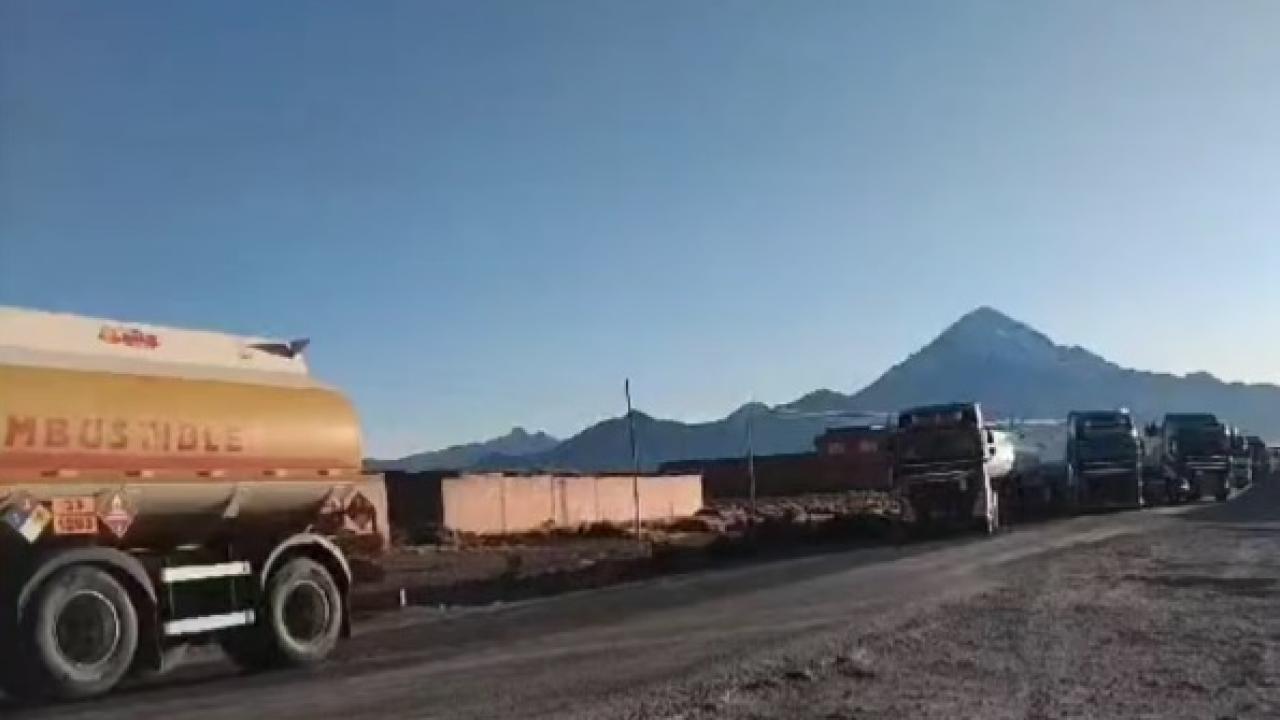
The transport sector has difficulty finding US currency in financial institutions and exchange offices, so they turn to the parallel market where it is quoted at a price higher than ten bolivars per dollar.
Due to the continued shortage of dollars in the national economy, the leadership of the Bolivian Chamber of National and International Transport (CBT) decided to increase by 50% the freight of motor vehicles for the transport of import and export merchandise.
CBT Oruro executive Jorge Gutiérrez said that his sector has difficulty finding US currency in financial institutions and exchange houses, so they turn to the parallel market where it is quoted at a price higher than ten bolivars per dollar.
“On the dollar issue, we have decided to provide ourselves with a solution. Starting September 15, international freight rates, both for export and import, will be leveled or increased by 50% because the exchange rate on the parallel market has already suffocated our freight rates,” he told Radio Éxito.
Since February of last year, the country has been experiencing a shortage of dollars, which affects several sectors such as heavy transport, which requires the currency to purchase fuel abroad and make payments and collections for freight in foreign trade.
At the same time, he announced that, given the Government's failure to comply with agreements for the supply of diesel, it was decided to reactivate the road blockades in the country. However, he said that, as a matter of strategy, he will not announce the date and time of the pressure measure.
"On the fuel issue, we are going to reactivate our mobilizations at a national level. For strategic reasons, we are not going to publicize it because unfortunately the government has not kept its word, in that sense we have no other choice," he said.
He apologized in advance to the population for the damage that the road blockade would cause in the country.
Due to the shortage of diesel in the country, heavy transport decided to block the country's roads. In the case of Oruro, the border crossing of Tambo Quemado was blocked, which affected the transfer of diesel tanker trucks from the port of Arica, Chile.
To avoid this damage, on August 2, the National Hydrocarbons Agency (ANH) reached an agreement with the CBT of Oruro that allowed the lifting of roadblocks and thus allowing the passage of tankers bringing fuel from Arica.









